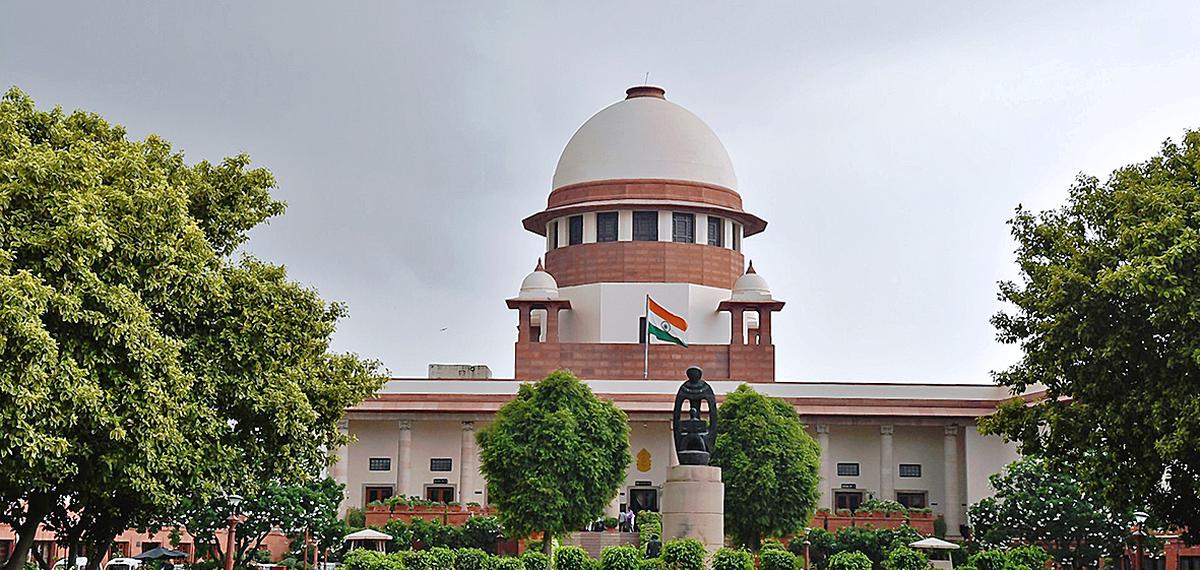The Supreme Court, in an uncompromising stance, has afforded a final opportunity to defaulting States and Union Territories to expeditiously settle the salary arrears and ancillary dues of lower court judges as outlined by the recommendations of the Second National Judicial Pay Commission (SNJPC). The imperative for the continual evolution of systems over time applies universally and the judicial system is no exception to this inexorable reality. It is a stark reality that the lower echelons of the judiciary rely on local governmental entities for their remuneration and ancillary benefits. In cognizance of the distinctive nature of their responsibilities and the imperative to uphold the autonomy of the judiciary, a distinct pay commission exclusively for the judiciary was instituted. With time, judicious directives have been promulgated, attuned to the exigencies of the prevailing circumstances.
It is disconcerting that, for the disbursement of pensions and other entitlements, retired members of the judiciary or their surviving kin find themselves compelled to recurrently petition the highest echelon of the judicial apparatus, the Supreme Court, to secure the release of their rightful dues. The irrefutable reality emerges that the onus of salary and arrears payments for the lower judiciary rests squarely on the shoulders of state and Union Territory Governments. In light of this incontrovertible reality, one is compelled to question the rationale behind unwarranted delays, which, regrettably, inflict undue hardships upon the aggrieved individuals, leading to gratuitous litigation in the highest tribunal of the land. In a judicious intervention, the Supreme Court has astutely mandated compliance with its directives, taking a resolute stance by declaring Chief Secretaries accountable. The court’s insistence on the personal appearance of defaulting CSs during the subsequent hearing underscores the gravity of the matter. Local administrations must accord precedence to these financial disbursements, considering the selfless and indispensable services rendered by the judiciary to both the nation and society at large. Remuneration, pension, and arrears are not mere privileges but intrinsic entitlements crucial for their sustenance and well-deserved recompense.


